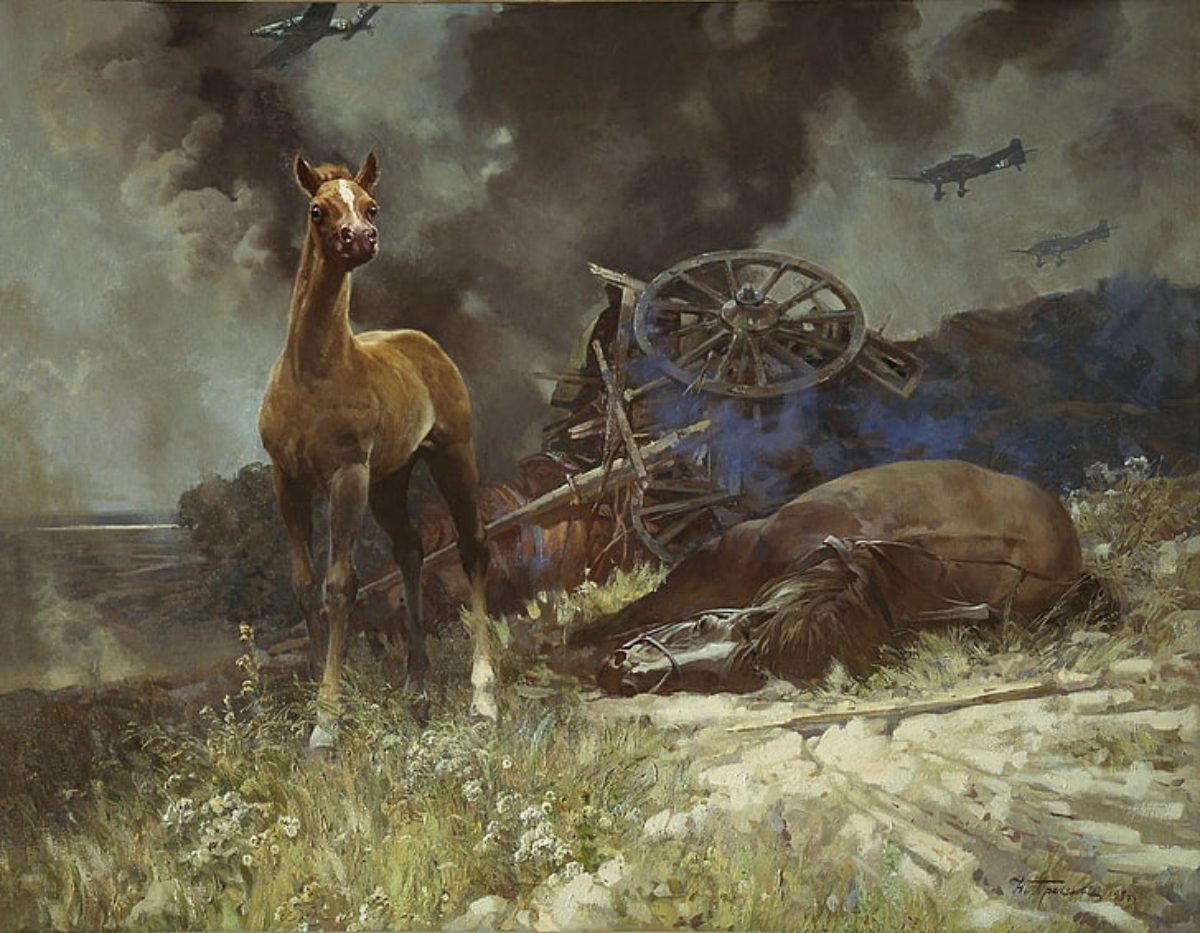

By M Alam Brohi
The anti-democratic forces are fighting an intense battle to foil the popular challenge to their supremacy notwithstanding the chaos they have created by their wrong choices and priorities. The security conditions are getting worse; the political instability is deepening; the economy is in continuous nosedive; the human rights violations are rampant; the courts have come under tremendous pressure to dispense justice and establish the constitutional supremacy and rule of law; the political leadership is in disarray and lives in awe and fear; the state institutions function in a constitutional vacuum and, more often than not, at cross purposes; the poverty has leapfrogged exasperating the woes of the common man and the young generation is fast losing hope in the future of the country.
The switch over from a dictatorship to a democratic rule in developing countries is always fraught with political pitfalls. The political leadership has to be cautious, farsighted and steadfast. Such a transition in our country has always been prone to derailment. Our politicians are impatient, unrestrained and devoid of political discretion, principles and ideals. Their rhetorical love for democracy has a short life and evaporates as soon as they get out of power. To have a plump piece of the apple pie, they seem to be ever ready to slit each other’s throat. They pliably consent to become part of the toolkit of the undemocratic, unelected and the constitutionally unauthorized forces to destabilize a sitting government, and restrict the remit of a democratic rule to bring about positive changes in the political, economic and foreign and security policies of the country.
We have been going back and forth in this vicious circle of political spectacle since independence. We have neither democracy nor had any benevolent autocracy or dictatorship. We are entangled in a cobweb of half democracy consisting of elected parliament and cabinet and half autocracy comprising not-so-hidden string pullers–euphemistically called hybrid rule -with the latter firing the shots and using the former as sandbags to bear the brunt of any backlash. They show no qualms to throw out the leading showman of the spectacle if he dares to protest or defy them on any issue. They have politicians waiting in the wings to fill the vacancy. This is what we have grown up in since our adolescence, witnessing Prime Ministers being toppled, framed in murder cases and hanged; dethroned and sent packing into exile or lodged in a small cell in Attock Jail. The law enforcers remain pliant; the judiciary stands divided and avoids asserting its constitutional writ; the parliament enacts laws specific to a limited purpose unconcerned with the public wellbeing, and rubber stamps amendments to the existing laws to strengthen undemocratic forces thereby reducing the Constitution to a worthless book.
This country has withstood many a serious crisis in its short history. However, the political crisis of 1970 proved fatal to the territorial integrity of the country. The current political crisis is deeper than the turmoil we faced five decades ago in the rebellion of the people of East Pakistan against the usurpation of their right to form the federal government. The current crisis involves the political aspirations and economic interests of the four federating units. These units are diverse in their political aspirations, economic resources, cultural moors and ethnic and linguistic composition. They can remain glued with each other in a democratic dispensation with sufficient provincial autonomy and guaranteed right of ownership over their land and resources. We have walked past the times for highly centralized governance as evidenced by the consensus of the political forces over the enactment of the 18th Amendment to the Constitution augmenting the quantum of provincial autonomy.
There has been a chronic unrest against the broken promises of the federal authorities in Balochistan. The three insurgencies in the Baloch land were overcome, and the fourth one remains aglow and has been festering since 2006. It shows no sign of abatement. Rather it has exasperated apparently establishing a nexus with the religious militants. This is a political issue and could be resolved through political reconciliation. Nevertheless, we have been wittingly or unwittingly treating it as a purely security issue, and trying to find a military solution to it. The recent history is replete with instances where the insurgencies within a region were finally resolved through dialogue by the political leadership.
The erstwhile tribal territories are infested with the militants of TTP as evidenced by their increased attacks on security personnel even in the settled districts. Some credible reports suggest that we lost 200 security personnel in the first six of the current year. In the last two weeks we have had three attacks on our security posts in which we lost over a dozen soldiers including one major. This is really alarming. There are insidious attacks from the western border too that have compounded our security problem. The KPK is entangled in political chaos and uncertainty. The political engineering does not seem to be going according to the plan of the security establishment. The PTI continues to be the most popular political outfit there. We should be cautious given the tumultuous history of the region since the colonial period and through the years of our independence up to 1980. It would be a phenomenal blunder to foist an unpopular rule on the province. The centrifugal forces in KPK are far stronger than the centripetal factors.
Sindh has remained sandwiched between the rapacious and corrupt PPP rule and the wrong, extractive and extortionist policies of the federal authorities since five decades patronizing the MQM-P and eyeing the provincial resources in terms of its lands, islands, seaports, forests, coal and mineral and hydrocarbons reserves. The Sindhis are gripped by a deep sense of insecurity. The feudal dominated structure of their society; the crumbling law and order situation giving way to increased and organized crimes of dacoity, highway robbery, kidnapping for ransom and extortions, forced conversion and marriage of minority girls and, above all, the fast expanding poverty and helplessness has created a confused, directionless and disordered sense of nationalism in the Sindhis. The Sindhi nationalist leaders have failed to collect and lead them from a credible political platform for political liberty and economic prosperity. They are disillusioned and angry with the factional nationalists and mainstream political parties. This anger is boiling under the surface and needs a small spark to erupt if things, God forbid, spiral out of control.
Punjab is politically at a crossroads. The popularity of the beleaguered PTI has been continuously ascending despite the incarceration of its chairman and the first rank leadership. The desertion of the bulk of its stalwarts to Istehkam-e- Pakistan Party has not made any difference as far as its vote is concerned. Any attempt to engineer the results of the general elections to the advantage of anti-PTI political parties in Punjab and KPK would plunge the country in a long spell of political and economic chaos. We cannot afford it given our fragile security situation.
It seems the security establishment is unmoored from the ground realities in its rage to politically destroy the PTI and its chairman before the general elections. In any way, this is not a wise course to take. The PTI chairman is patriotic and would not be averse to any sensible suggestion to bring political stability in the country. The ongoing prosecution of the PTI leaders through concocted cases has made us a laughing stock in the comity of nations. We cannot adopt head-in-sand attitude and claim to be a democratic polity conforming to constitutional norms, human rights and rule of law. We are under scrutiny by friends and foes in this global village. This should underpin any move to have a new political configuration in the country.
M Alam Brohi is a senior analyst, author and former ambassador. He can be reached at brohialam7@gmail.com
The online content is the sole responsibility of the writer.

A good and in-depth write-up about various challenges being faced by the country!
This is an exclusive essay which represents a true picture of the country. Great!